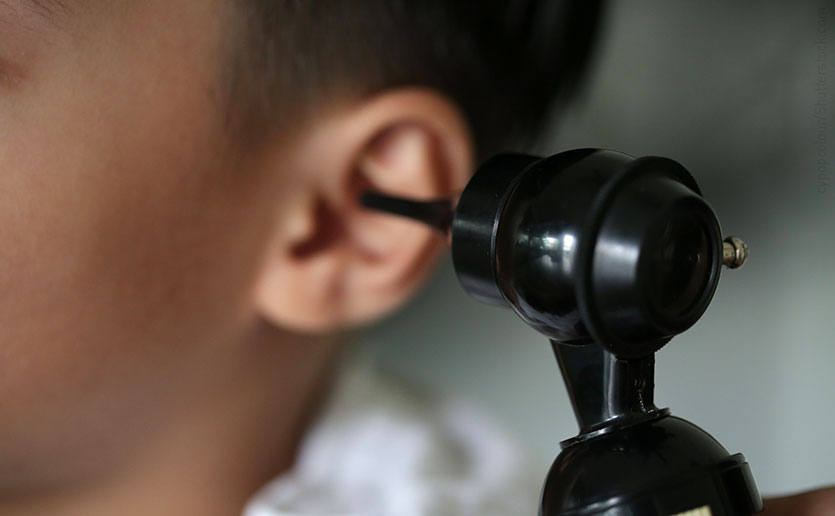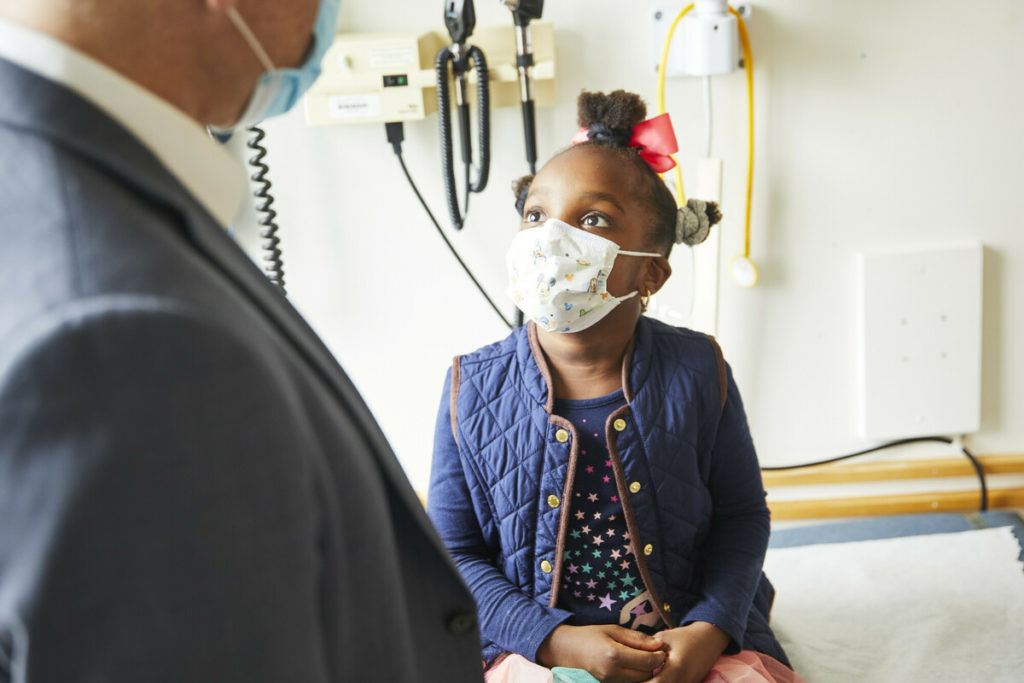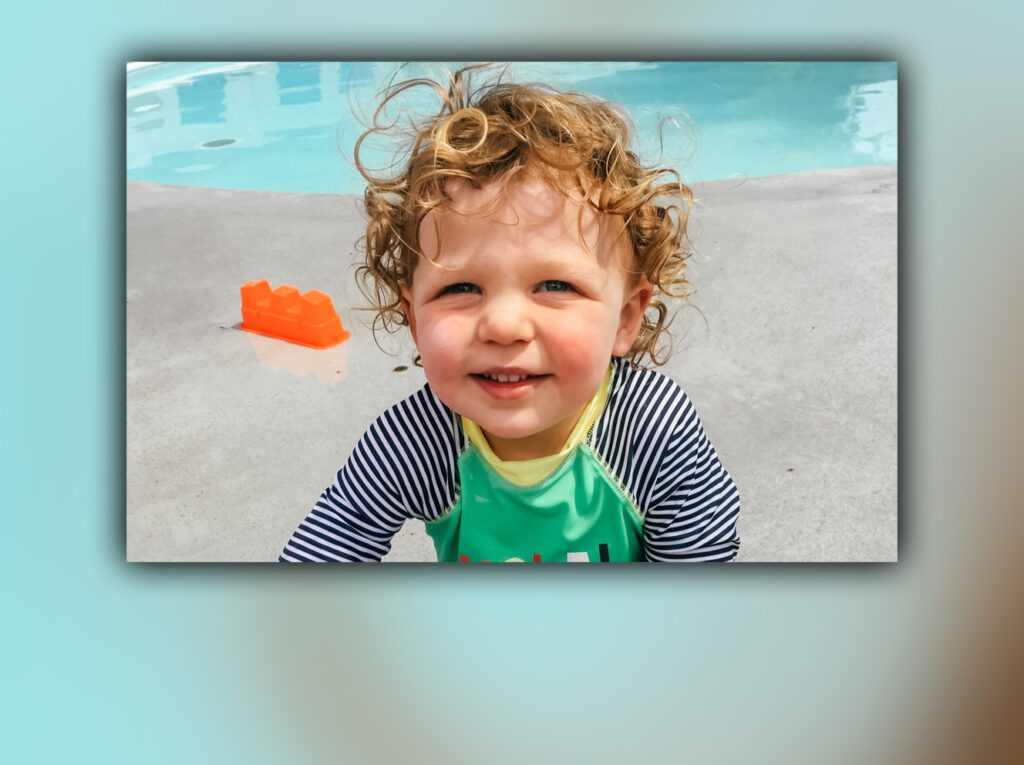Key Takeaways
As a pediatrician, I have spent a lot of time diagnosing ear infections, one of the most common illnesses of early childhood. Ear infections can make toddlers extremely irritable and cause babies to cry all night, which is why parents turn to their pediatrician for help.
My approach to treat these infections is not to prescribe antibiotics for every case, based on updated recommendations from the American Academy of Pediatrics. I ask parents to hold off on antibiotics if the child is older than age 2, is not seriously ill, and has no history of ear problems or medical complications.
Updated Recommendations
The recommendations are based on research that found antibiotics used to treat ear infections do not significantly reduce the number of days a child has the infection. The most common cause of ear infections is a respiratory virus (i.e., a cold), which is not treated with antibiotics.
It is important to remember that SARS-CoV-2, the virus that causes COVID-19, does not seem to be more likely to cause ear infections in young children. Today, with most ear infections, we typically advise letting it run its course and soothing the child’s pain with over-the-counter acetaminophen or ibuprofen.
What you can do to soothe a cold or ear infection:
- Use acetaminophen or ibuprofen to reduce fever and head pressure.
- Try a cool-mist humidifier or shower steam to loosen congestion.
- Try over-the-counter saline drops to clear the nose.
- Consider sinus rinses or devices to remove mucus from young children’s noses.
- For children older than age 1, honey in warm water can soothe a cough.
- For older children, an extra pillow under their head can help them sleep better.
What you should not do to soothe a cold or ear infection:
- Do not give over-the-counter cold medicines to children under age 2. Consider avoiding them if the child is older, too.
- Do not tilt an infant’s crib mattress. Children under age 1 should sleep on a flat mattress with no pillows or blankets.
- Do not allow a child to drink while lying down, as it can increase the chances of getting an ear infection.
- Do not smoke. Families and caregivers who smoke increase a child’s chance of getting colds and ear infections.
Because young children get more colds in the winter, they may also develop more ear infections. Five out of six children will experience at least one ear infection by the time they are 3 years old, according to the National Institutes of Health.
Ear Infections and Kids’ Anatomy
It’s their anatomy that makes them particularly susceptible.
Older children and adults have a more efficient system for clearing colds. The fluid that builds up in the ear during and after an upper respiratory illness drains down the Eustachian tube, the canal that links the ear to the nose and throat.
In children younger than age 7, the Eustachian tube is shorter and more horizontally positioned, so the fluid takes longer to drain. The build-up can press on the eardrum, causing pain that is especially noticeable to kids when they lay down, breastfeed or suck on a bottle.
Talking with Parents
I use an otoscope device to view the eardrum to determine if there are signs of an infection. I find out from the family whether the child has a history of multiple ear infections. Then, we talk about antibiotics.
Most parents are happy to avoid the struggle of getting a child to take antibiotics when they learn that over-the-counter pain relievers can provide their child relief. They are grateful to also avoid the possible short-term side effects of an upset stomach and diarrhea that antibiotics can cause, as well as the long-term concerns of making bacteria more resistant to antibiotics and more difficult to treat in the future.
In cases where a child is getting many ear infections or experiencing speech and language delays, I refer the family to a specialist, who may recommend ear tubes, which are tiny devices implanted during a surgical procedure. The tubes drain ear fluid to reduce pain, improve hearing and avoid frequent use of oral antibiotics.
The good news about ear infections is that within three days, the worst is usually over. And as a child grows, they should become less frequent.





